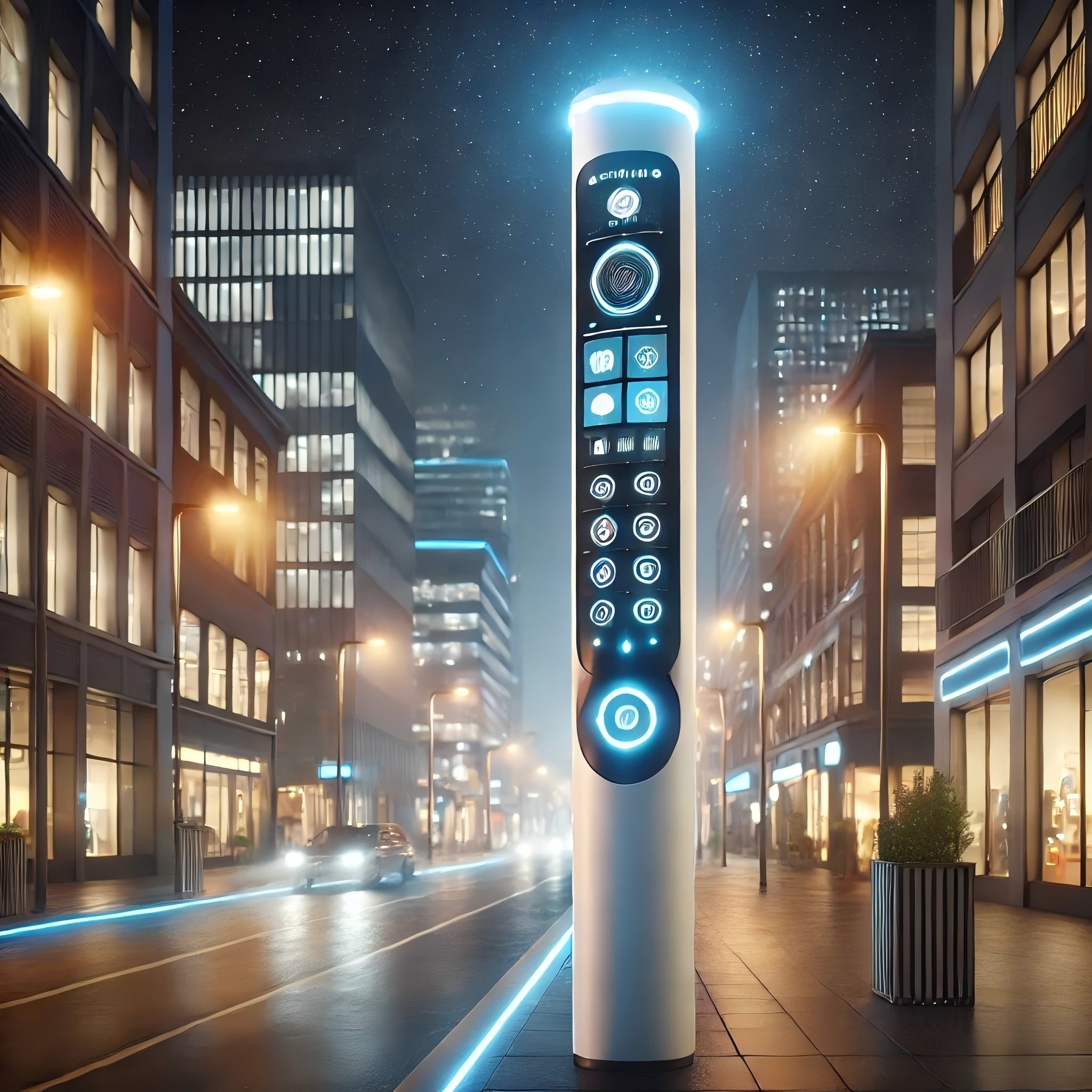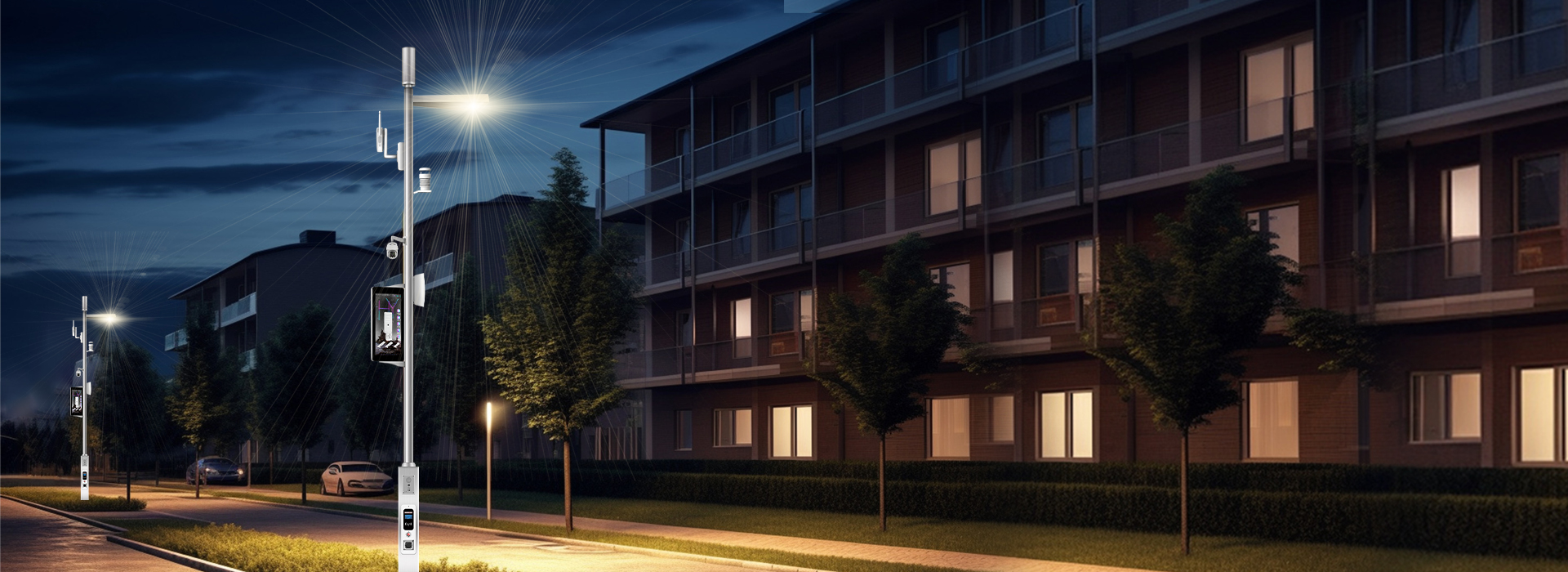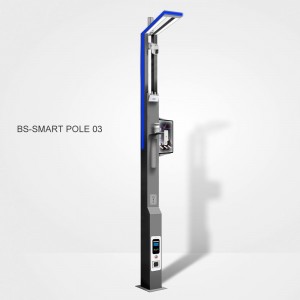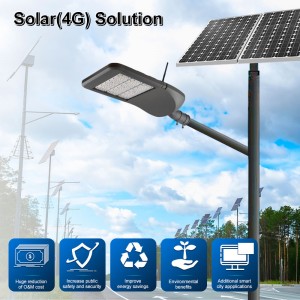Bringing urban and rural areas closer together through smart pole
Addressing the rural digital divide by providing better internet access and technology infrastructure can bridge the gap between rural and urban areas, fostering economic growth, educational opportunities and access to services. As connectivity improves, rural areas can better participate in the digital economy, access telemedicine and increase agricultural productivity through smart technologies. This alignment supports individual prosperity and creates a more cohesive society where resources, opportunities and information flow freely, strengthening links between regions and enabling sustainable development in rural communities.
Bridging the digital divide from urban to rural by connecting smart poles
Addressing the rural digital divide is critical to creating alignment and connectivity between rural and urban areas. The digital divide, defined as the discrepancy in access to high-speed internet and digital services, disadvantaged rural communities. This limitation in access to information, economic opportunities, healthcare, education, and other essential resources hinders their ability to thrive. By addressing this divide, we facilitate the convergence of rural and urban standards of connectivity, thereby promoting inclusivity and equality. The 5G smart pole is capable of performing a multitude of functions, including the provision of smart street lighting, the installation of 5G micro base stations, the deployment of intelligent monitoring systems, the deployment of security alarms, the provision of meteorological services, the establishment of wireless networks, the dissemination of information, and the facilitation of electric vehicle charging. In this way, the smart pole serves to bridge the gap between urban and rural areas.
The 5G smart pole represents a transformative infrastructure for the purpose of bridging the gap between urban and rural areas, with the objective of enhancing connectivity, accessibility, and digital services. The poles are equipped with advanced technologies, including 5G micro base stations, intelligent lighting, and IoT sensors, which collectively facilitate the creation of a robust communication network capable of extending internet coverage into rural zones. This facilitates a multitude of applications, including high-speed data access and real-time environmental monitoring, which collectively enhance the delivery of education, healthcare and business services in rural areas. The facilitation of digital inclusion through the implementation of smart poles enables rural regions to align more closely with urban development standards, thereby fostering socio-economic growth and connectivity.
Furthermore, the deployment of smart poles can facilitate disaster response, environmental monitoring and remote education, thereby enabling rural communities to engage more effectively with the digital economy. As the 5G network expands, smart poles facilitate the integration of rural areas into the broader smart city ecosystem, thereby reducing the rural-urban divide and enhancing overall quality of life.
Smart poles can significantly enhance rural construction and elevate living standards by providing advanced technological infrastructure that supports a range of services. Here’s how they can specifically improve rural areas:
Enhanced Public Safety and Security
Surveillance and Emergency Response: Smart poles with cameras and emergency call buttons enhance safety by providing surveillance in remote areas and offering a way to quickly request assistance. In areas prone to natural disasters, smart poles can be used to monitor environmental conditions and provide alerts, ensuring quicker response times and improved community resilience.
Energy Efficiency and Sustainability
Smart Street Lighting: LED street lights with motion sensors and adaptive brightness lower energy costs while ensuring that rural roads are well-lit and safe. Roads that were previously dark at night, especially in remote areas, can be illuminated only when needed, improving safety while reducing energy consumption.
Environmental Monitoring
Weather and Pollution Sensors: Smart poles can be equipped with sensors to monitor air quality, humidity, temperature, and other environmental factors. This data helps in understanding local environmental conditions, which is valuable for agriculture, health, and planning in rural areas, and can alert residents to pollution or weather hazards.
Information and Public Services
Digital Signage and Information Dissemination: Smart poles with digital displays can be used to broadcast important community information, such as local news, events, and government notices. During an emergency, such as severe weather, smart poles can display evacuation routes or safety instructions, keeping the community informed even if mobile networks are down.
Electric Vehicle (EV) Charging Stations
EV Infrastructure Expansion: Some smart poles are equipped with EV chargers, making it easier to adopt electric vehicles in rural areas. Farmers and residents can charge electric vehicles locally, promoting greener transport options and reducing fuel dependency in rural areas with limited charging infrastructure.
Post time: Nov-04-2024








